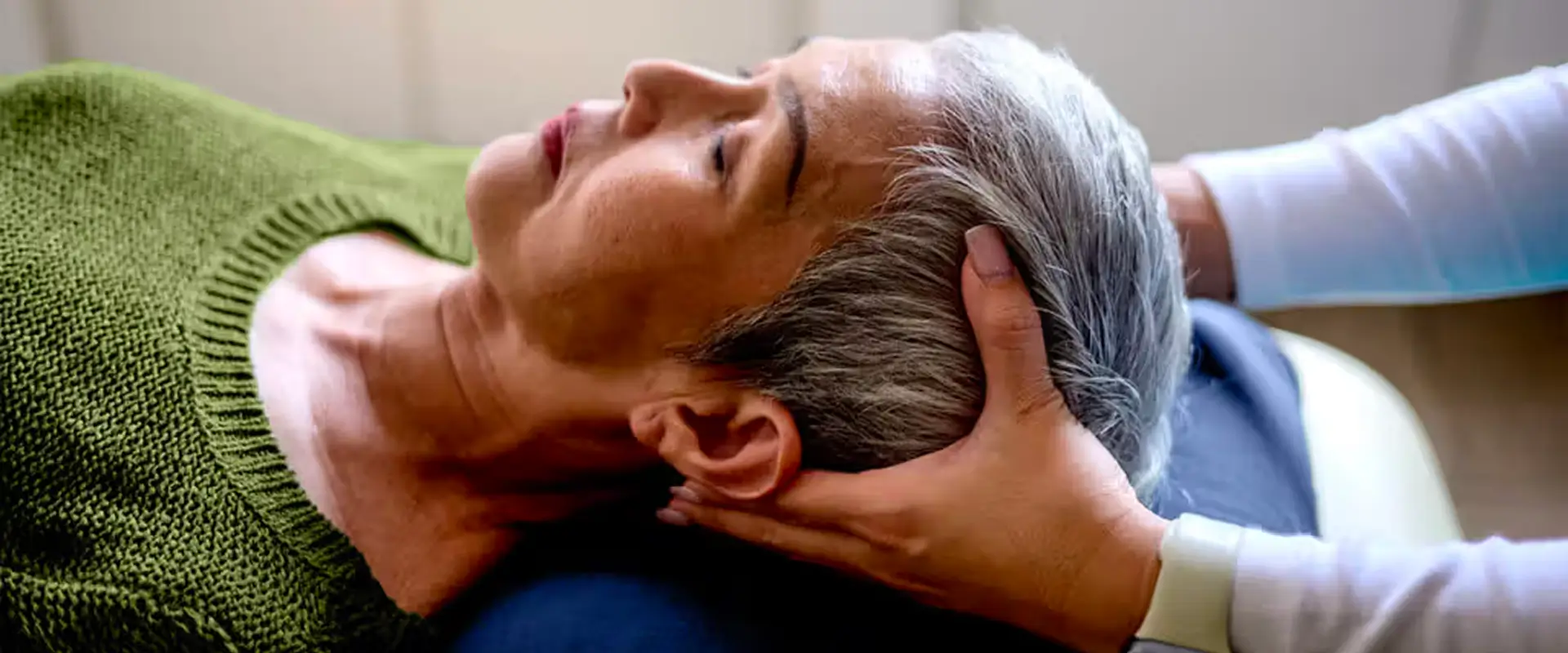As a medical expert who specializes in Suboxone treatment, I often come across misconceptions and myths surrounding this medication. In this article, I aim to debunk some of these myths and provide you with the facts about Suboxone and how it can help individuals struggling with opioid addiction.
Fact: Suboxone is an FDA-approved medication for the treatment of opioid dependence.
Suboxone is a combination medication that contains buprenorphine and naloxone. Buprenorphine is a partial opioid agonist, which means it activates the opioid receptors in the brain but to a lesser extent than full agonists like heroin or oxycodone. Naloxone is added to deter misuse of the medication as it can trigger withdrawal symptoms if injected.
Fiction: Suboxone is just substituting one addiction for another.
This is a common misconception about Suboxone treatment. In reality, Suboxone helps individuals manage their cravings and withdrawal symptoms without causing the euphoria associated with other opioids. It allows them to focus on their recovery and rebuild their lives without the constant need to seek out drugs.
Fact: Suboxone should be used as part of a comprehensive treatment plan.
Suboxone is most effective when combined with counseling, therapy, and support groups. This holistic approach addresses the physical, psychological, and social aspects of addiction, leading to better outcomes and long-term sobriety.
Fiction: Suboxone is only for short-term use.
Suboxone can be used for both short-term detoxification and long-term maintenance. The length of treatment varies depending on the individual’s needs and progress. Some patients may benefit from long-term maintenance to prevent relapse and stabilize their recovery.
Fact: Suboxone is safe when taken as prescribed.
When taken as directed by a healthcare provider, Suboxone is safe and effective in treating opioid addiction. It has a lower risk of misuse, dependence, and overdose compared to other opioids. However, it is important to follow your doctor’s instructions and not to share or sell your medication.
Fiction: Suboxone is a cure for addiction.
Suboxone is a tool to help individuals manage their addiction and stay on the path to recovery. It is not a cure, but rather a treatment option that can significantly improve quality of life and reduce the risk of overdose and other complications associated with opioid use disorder.
In conclusion, Suboxone is a valuable medication for individuals struggling with opioid addiction. By separating fact from fiction, we can better understand the benefits and limitations of Suboxone treatment. If you or a loved one are considering Suboxone treatment, consult with a medical provider experienced in addiction medicine to discuss if it is the right option for you. Remember, recovery is possible with the right support and treatment.


